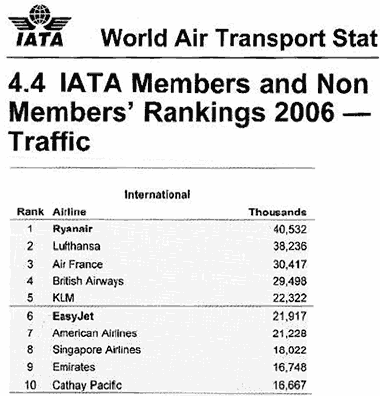Referring to http://www.economist.com/businessfinance/displayStory.cfm?story_id=15465835&source=features_box2
From the link above, I extracted this simple, yet insightful, quote: “Toyota still has great strengths, not least financial, but it has lost something precious and may never get it back.”
Long story cut short – Toyota’s cars have been proven to have faulty pedals with dangerous acceleration potentials (ie they accelerate without the intention or control of the driver), and therefore over 2.3 million cars have been called back in America. Yes, Toyota can sustain the lost financially, but can it sustain the loss of reputation as a world class car producer?
Personally, it will take Toyota at least a year before they can recover from such a drastic event. From a consumer’s point of view, the brand is no longer fully associated with high quality products. Though one may argue that Toyota run by humans that are prone to error, errors that cost lives are too fatal to incur and forgive in a short period of time. We can see the effects in display, with Toyota’s sales “plunging by 16%”.
Is waiting the best solution? Absolutely not. Toyota, having identified the problem, can gain the confidence of its customers once more by showing explicitly how they are approaching a solution. Toyota would also have to tighten up on safety measures and regulations before allowing cars to be sold on the market. Such a mistake is intolerable, and it is evident why.

